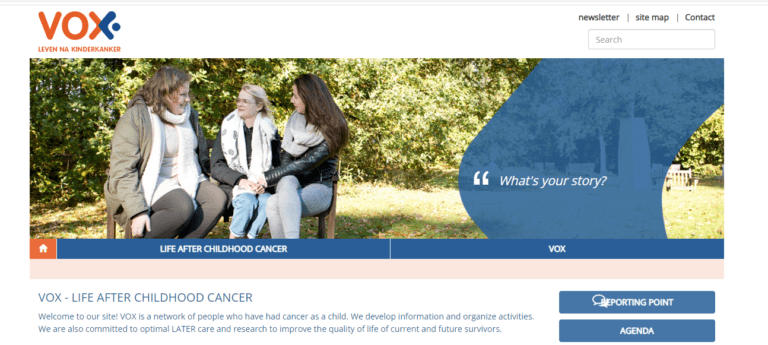
Walking through those familiar doors after months, perhaps years, of battling cancer is no small feat. The rhythm of the professional or academic world might seem alien after a hiatus filled with treatments, doctors, and emotional upheaval. But, as many survivors will attest, this journey is not just about finding your old self but embracing the evolution that has occurred within you. As you plan this return, here’s a guide to making the transition smoother, professional, and with a touch of well-earned grace.
1. Mindset Shift: From Patient to Professional/Student
Firstly, it’s vital to shed the ‘patient’ label mentally. While your journey has undoubtedly changed you, now is the time to embrace your role as a professional or a student.
Expert Insight: Returning to a routine often accelerates emotional recovery. It brings back a sense of ‘normalcy’ many survivors with complex emotions yearn for.
2. Structured Communication: Crafting Your Narrative
Should you choose to share your story, consider framing it in a manner that empowers you and educates your audience. It’s not about seeking sympathy but building understanding.
Pro Tip: Structure your narrative. Start with your diagnosis, highlight your journey, and end with your return. This format, often recommended by communication experts, offers a clear and concise account.
3. Tailored Integration: Adjusting Your Work or Study Environment
Your previous setup – be it at your desk or your study group – might need adjustments. Perhaps an ergonomic chair, or a more flexible schedule. Don’t shy away from seeking these accommodations.
Expert Advice: A tailored work or study environment can greatly reduce physical strain and mental stress for returning survivors.
4. Wellness Breaks: Not Just a Luxury
Beyond the usual breaks, consider wellness intervals – moments where you engage in deep breathing, short walks, or mindfulness exercises.
Relevance: A study by the National Cancer Institute highlighted the marked improvement in concentration and overall well-being of survivors who incorporated regular wellness breaks.
5. Leverage Support Systems: Professional and Peer-based
Beyond family, there are support systems specifically designed for cancer survivors to integrate back into work or school. Explore these resources.
Consider: Universities often have dedicated counselors, and many workplaces now incorporate employee wellness programs catering to such specific needs.
6. Continuous Education: Staying Updated
The world moves quickly. Depending on your hiatus length, there might be updates in your field of work or study. Dedicate time to catch up, enroll in short courses if needed, or chat with colleagues or classmates.
Note: Websites like Cancer and Careers offer resources and courses tailored for professionals returning to the workplace after battling cancer.
7. Embrace Flexibility: The Power of Adaptive Thinking
One of the profound lessons from battling adversity is the power of adaptability. Use this in your professional or academic life. If a method isn’t working, be flexible enough to try a different approach.
Your journey back into work or education, post-cancer, is a testament to your resilience. While the terrain might seem unfamiliar at first, remember that you’re armed with a depth of experience and wisdom that few possess. Every challenge you face is surmountable. With the right strategies, resources, and mindset, this next chapter can be as fulfilling, if not more so, than before your diagnosis.
When the burden feels overwhelming, remember that an expansive online cancer discord community is poised to support, empathize, and join hands with you. Reach out, share, and together, we’ll light the way through the shadows.









Comments
Thank you. Comment sent for approval.
Something is wrong, try again later